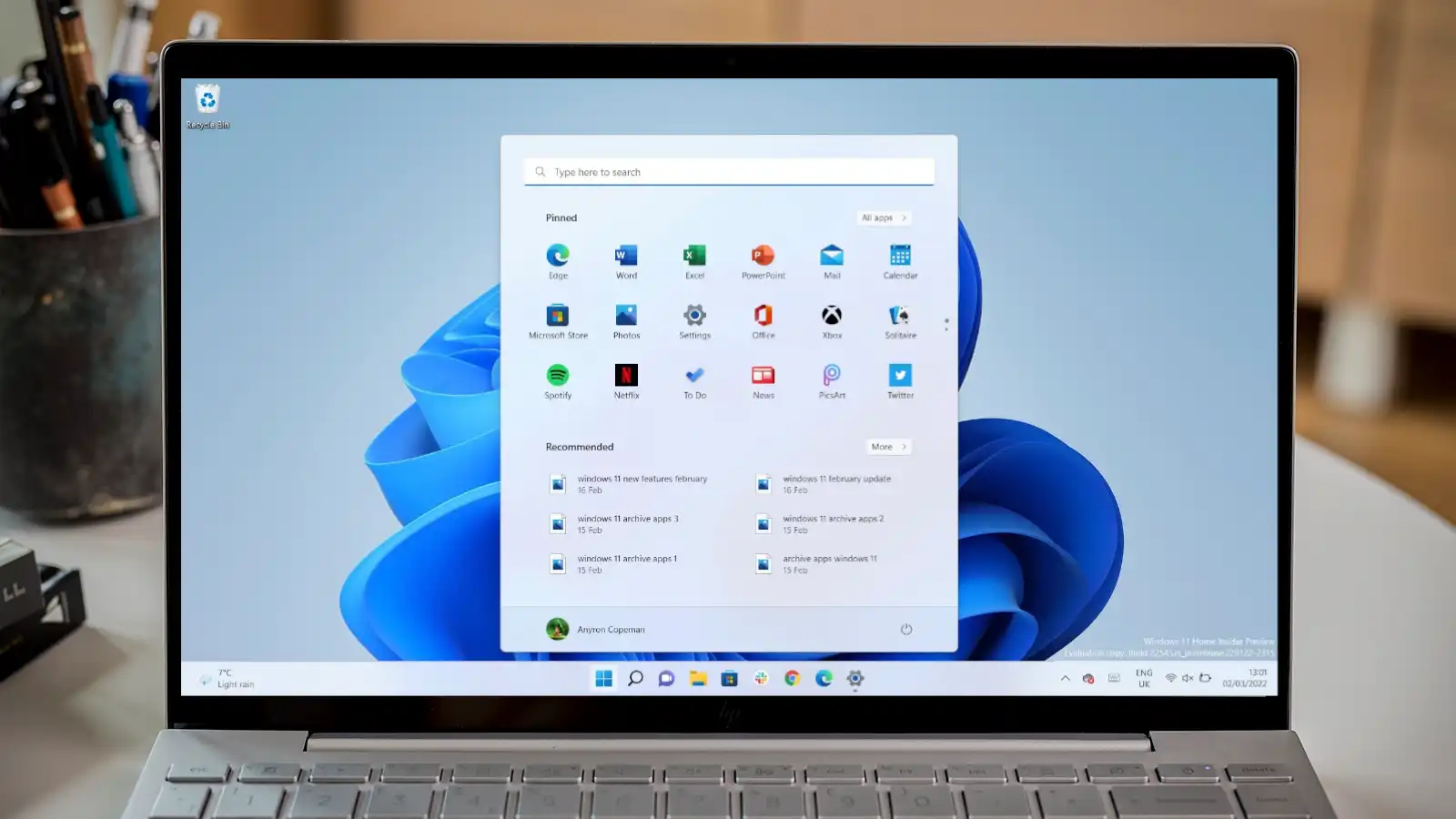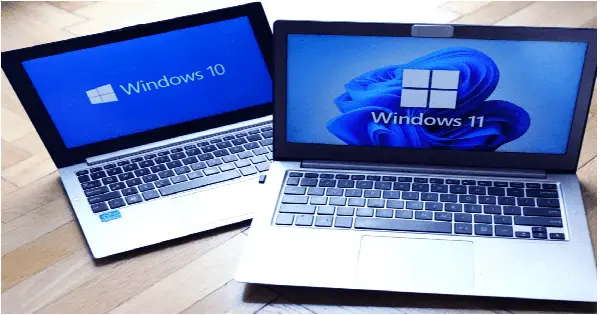An official Windows blog article states that an upcoming Windows 11 update will prioritize reliability over new features for insiders in the Microsoft Windows 11 Release Preview Channel.
Windows 11 Build 22000.1757 (KB5023774), a brand-new OS upgrade, has been distributed to users in the Release Preview Channel and includes a long list of stability enhancements. The most recent version concentrates on problem fixes rather than introducing new features because this channel is thought to be the most reliable of the Insider build channels.
Fixes for different software apps, Notepad, Microsoft PowerPoint, Remote Procedure Call Service, Windows Search, some printers, including USB printers, and even Xbox subscribers are among the stability enhancements. Although it appears that this update addresses every problem and piece of impacted software, being careful is always a good idea.

However, Microsoft’s brand-new Canary Channel might be for you if you’re searching for more radical and experimental adjustments. Canary has recently been trying fresh code that might serve as the basis for the forthcoming Windows 12 release. Additionally, Microsoft has been providing some users with complimentary flash devices that contain what is most likely an early version of Windows 12. The new operating system has been the subject of many theories and leaks, which were made worse when Intel accidentally revealed the moniker. Check out the Microsoft patch notes here for the complete list of changes.
Microsoft pushes down stealth updates too
Microsoft updates Windows 11 frequently, including the addition of fresh new features to the operating system and the Edge browser. One such function upscales low-resolution videos directly in the browser, while another involves the addition and incorporation of ChatGTP.
Microsoft has recently started introducing covert features and altering OS settings without first informing users. The Start menu’s “Recommend” area was renamed to “For you” in beta version 2262x, but the specifics of this change were kept secret during testing.
Although presence-sensing privacy options and a full reworking of the Voice Access commands support page were made, none of this was mentioned in the test version notes.
And then there was the recent finding that Windows was secretly weakening graphics cards by reactivating a security function in a recent OS upgrade, even though users had previously turned it off. This function, known as VBS (Virtualization Based Security), can conflict with GPUs, including the RTX 4090, resulting in decreased speed and framerate.
















